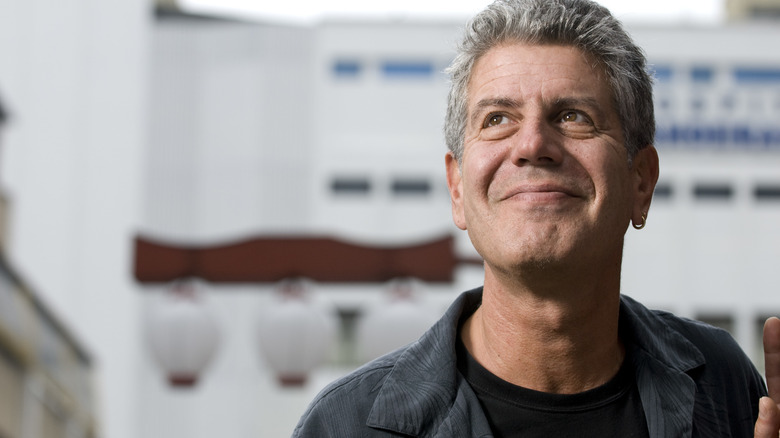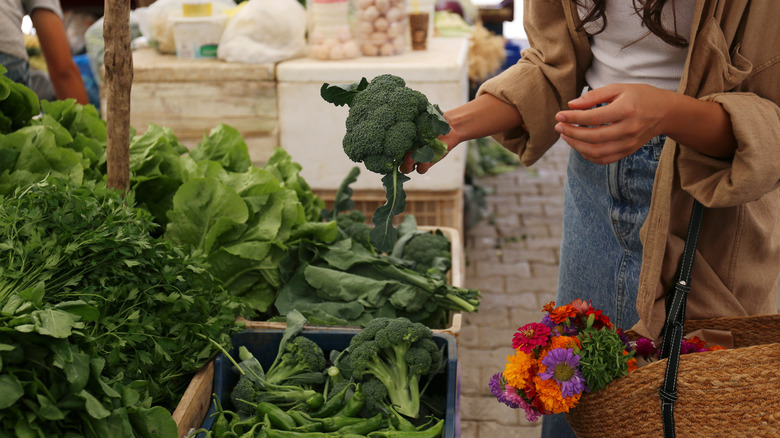Anthony Bourdain transformed how we think about food and travel through his unflinching exploration of cultures, cuisines, and unheard stories around the world. For more than 15 years, the late chef, author, and television host brought viewers along on countless journeys that went far beyond tourist attractions — focusing more on the people behind authentic local experiences, rather than on what guidebooks and travel agencies typically promote. His award-winning shows like “No Reservations” and “Parts Unknown” revealed the raw, unfiltered side of destinations that most travelers miss, all while connecting with people through the universal language of good (and sometimes unusual) food.
Compared to most of the best travel shows out there, what made Bourdain’s approach so powerful wasn’t just his charisma. It was his commitment to actually experiencing places as locals do. No matter where he went, the avid traveler avoided polished tourist experiences in favor of street food, family kitchens, and neighborhood gatherings. A commitment to authenticity that ultimately helped millions of viewers actually see places through a more genuine lens — shaped by a combination of deeper cultural values, history, and politics that shined through the meals he and others shared.
Today, Bourdain’s influence on culinary travel still holds its spot as a benchmark for authenticity, curiosity, and respect. However, out of all the advice and wisdom he shared — like how to spot the best local places to eat or why everyone should avoid eating airplane food — there’s one particular strategy the chef-turned-icon was particularly vocal about. So, what was Tony’s go-to method for soaking up the essence of a new destination? Simple: hit up the local market before doing anything else.
Embracing Bourdain’s local market strategy
In a 2013 interview with Esquire, Bourdain suggested that the best way to truly understand a new destination’s vibe was to head straight to its central market in the early morning. Specifically, he recommended visiting around 6 a.m., when local business owners and restaurant chefs do their shopping, and when the atmosphere isn’t disrupted by hordes of other people. That way, you can catch a glimpse into exactly which ingredients are most valued by locals before any of the bustling tourist crowds and midday shoppers arrive.
Markets are also a great way to dig a little deeper into how locals cook and what they actually eat daily. By keeping a close watch on which stalls tend to draw the biggest crowds and which ingredients show up most frequently, you can gather clues about things like seasonal offerings and regional specialties. After all, and unlike supermarkets, most of the items that fill market stalls are pretty representative of local cooking traditions. This ultimately means they can provide valuable insights about what dishes you need to try during your visit. From there, you can build your own “food itinerary” based on what you see and what you want to try.
The food stands and small eateries dotted around local markets are also an essential part of Bourdain’s market-first approach. Typically catering exclusively to locals — especially vendors and workers who need quick and affordable meals — these hidden gems serve truly authentic, un-modified versions of popular dishes that have potentially been perfected over generations. Plus, by sitting down surrounded by locals, potentially striking up a conversation, and eating where the market workers eat, you can experience a whole new level of cultural immersion that a standard guidebook would never be able to deliver.



